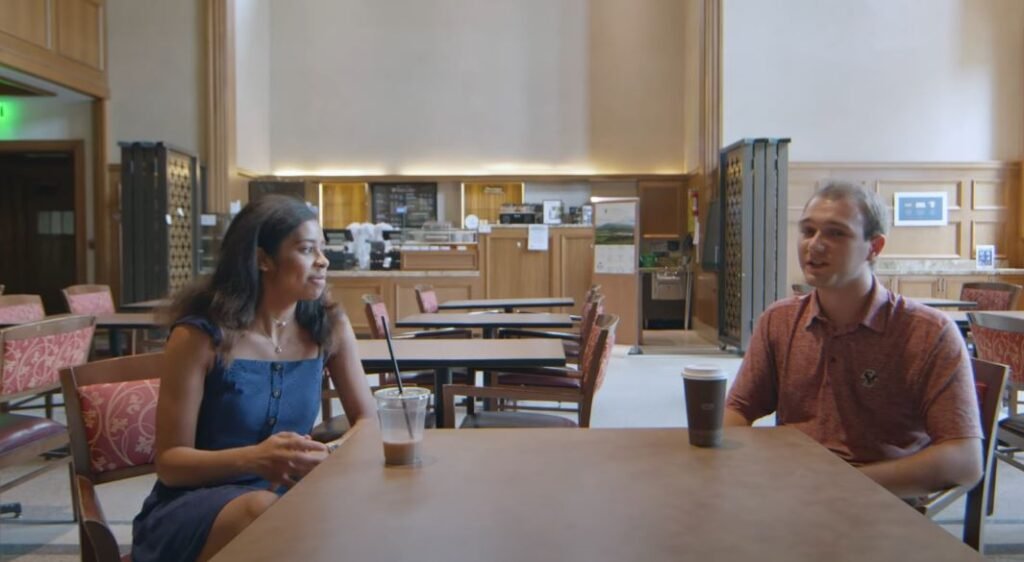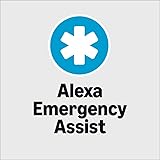
The fact that Boston College‘s Class of 2029 is now its most selective class in history says a lot about the school’s increasing popularity both domestically and internationally. Only roughly 5,000 of the nearly 40,000 applications were accepted, yielding a pitiful acceptance rate of 12.6%. This figure indicates a strategic change in Boston College’s positioning among prestigious universities, not just competition.
BC’s decision to implement Early Decision in two rounds has significantly changed the admissions environment in recent years. The university secures committed students early by using these binding offers to admit a significant portion of the class, which lowers the number of seats available in Regular Decision and increases competition for those who apply later. This can be incredibly effective for applicants who are willing to commit—the odds in ED are much better, but the decision requires assurance and confidence.
Boston College 2025 Admissions Overview
| Category | Detail |
|---|---|
| Year | Class of 2029 (Fall 2025 Entry) |
| Total Applications | 39,681 |
| Offers Extended | ~5,000 |
| Acceptance Rate | 12.6% |
| Target Enrollment | ~2,400 |
| Average SAT (Middle 50%) | 1450–1520 |
| Average ACT (Middle 50%) | 33–35 |
| GPA Profile | Predominantly 4.0+ weighted |
| Gender Distribution | 48% Male / 52% Female |
| First-Generation Students | 12% |
| International Students | 9% |
| Academic Divisions | Morrissey Arts & Sciences, Carroll Management, Lynch Education, Connell Nursing |
The admitted class exhibits remarkably high academic achievement. With standardized test scores averaging a formidable 1503 SAT and 34 ACT, almost all place in the top ten percent of their high school class. Three-quarters of admitted students at Boston College submitted test results despite the school’s test-optional policy, demonstrating that for many, strong results continue to be a compelling advantage.
The diversity of the Class of 2029 is striking, both geographically and culturally. Every U.S. state, Washington, D.C., five territories, and seventy-seven nations send students to attend. By expanding financial aid, Boston College hopes to increase the percentage of students who will be the first in their families to attend college, which stands at 12%. For those considering offers from several prestigious universities, the university’s $190 million in undergraduate need-based aid for the year represents a 7.5% increase over the previous cycle.
In the highly competitive academic landscape of Boston, BC is notable for both its size and its character. Northeastern has fallen to 5.6%, Tufts is at 10.1%, Boston University is at 10.8%, and Harvard’s 3.5% acceptance rate is still unrivaled. Boston College, however, is a strong contender because of its reputation for fusing a strong sense of community with demanding academics. Because of this distinction, it is especially appealing to students looking for an education that is based on both excellence and purpose.
Critics point out that the sharp decline from the Class of 2021’s 32% admit rate to the current number reflects larger patterns in higher education, where schools frequently use calculated admissions tactics to increase exclusivity. The narrowing rate, however, is consistent with Boston College’s conscious efforts to create a student body that reflects its Jesuit values while satisfying the requirements of a more competitive applicant pool.
The school’s appeal is strengthened by the visibility of its alumni. Prospective students are reminded of the leadership and influence fostered on the Chestnut Hill campus by alumni such as investment legend Peter Lynch, former U.S. Secretary of State John Kerry (through BC Law), and actor Chris O’Donnell. Even though they are intangible, these connections give candidates a compelling story to help them visualize their own future paths.
In less than ten years, Boston College has changed from a likely to a fiercely competitive option for high school students. Although the selectivity is intimidating, many find the challenge motivating. The conclusion is straightforward: although excellent grades and test results serve as the cornerstone, a strong personal narrative, a track record of significant influence, and a clear alignment with BC’s mission are frequently what seal an admission offer.
A combination of intellectual rigor, a wide range of backgrounds, and a desire to contribute beyond themselves characterize the Class of 2029 as they get ready to start on August 25. The message for prospective students is to approach the application process with depth, authenticity, and a willingness to interact with Boston College’s unique academic and cultural community rather than just focusing on numbers.











